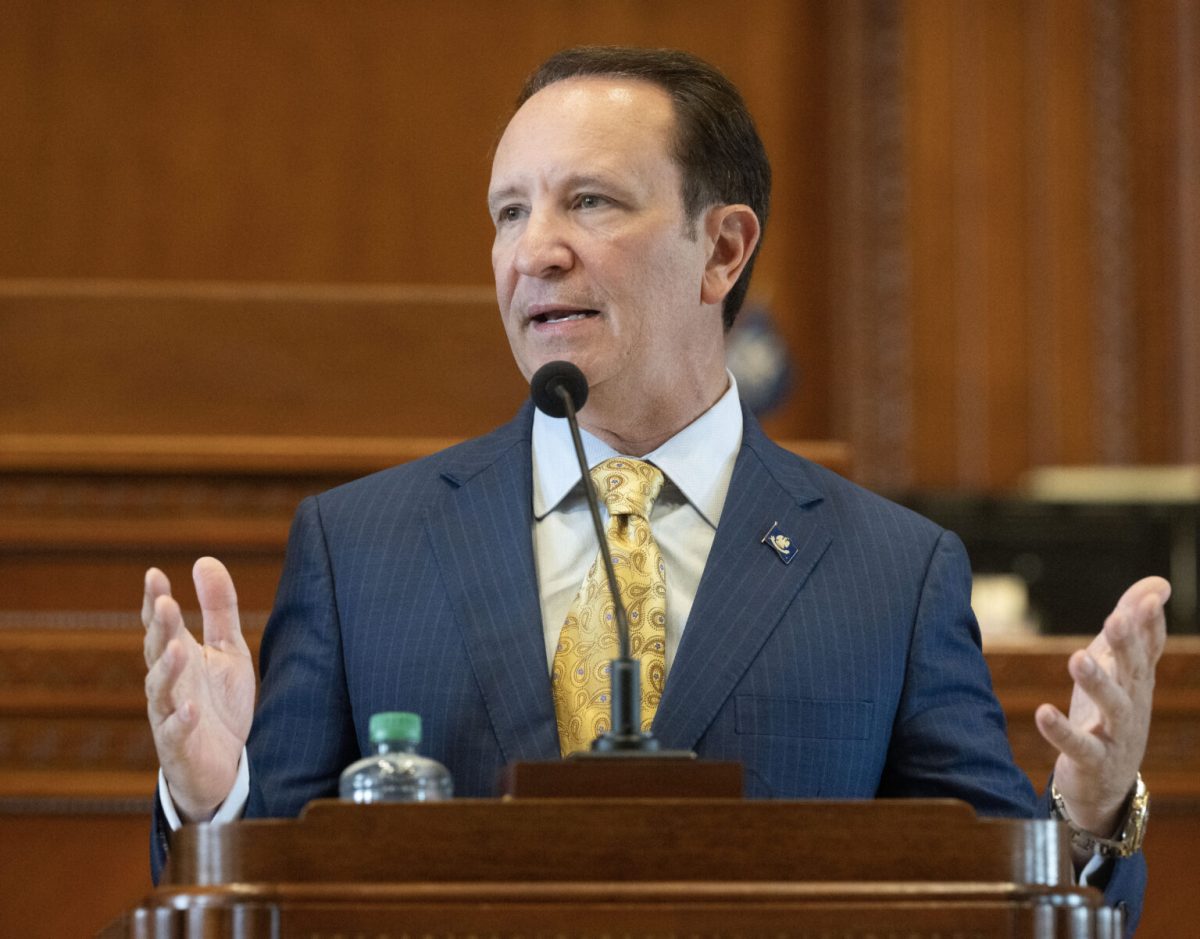President Barack Obama and the Republican nominees all have a plan for the national security of the country with regards to Afghanistan and Iran.
According to Obama’s official campaign website, more senior al-Qaeda’s leaders- including Osama bin Laden-have been eliminated in the last three years than at any other time since Sept. 11, 2001.
When asked about the Obama doctrine at a debate in 2008 for use of force that the U.S. would send when we do not have national security issues at stake, Obama replied, “Well, we may not always have national security issues at stake, but we have moral issues at stake.”
When Obama took office, the U.S. was involved in two wars while facing foreign and domestic terrorist threats.
In June 2011, Obama stated that the U.S. achieved its core goals in Afghanistan, and he outlined a withdrawal of American troops by 2014.
“Over the last decade, we have spent a trillion dollars on war, at a time of rising debt and hard economic times. It is time to focus on nation-building here at home,” Obama said.
According to an article in The New York Times, “in February 2012, Defense Secretary Leon E. Panetta said that American forces would step back from a combat role there as early as mid-2013, more than a year before all American troops are scheduled to come home.”
Panetta’s statements were the first to set a date for the long-planned withdrawal process.
Obama has shown support of targetting Homeland Security money towards high-risk areas such as nuclear facilities, chemical plants and ports. His statements maintain more quality tracking of nuclear technology and nuclear fuel so that it doesn’t end up in terrorist hands.
When asked whether human rights are more important than American national security, Obama said that the two are complementary.
In the June 2011 Republican Presidential Debate in New Hampshire, Republican Presidential candidate Mitt Romney said, “I want those troops to come home based upon not politics, not based upon economics, but instead based upon the conditions on the ground determined by the generals.”
Although Romney supported President George Bush’s policy for the war, his statements support his belief that it has been mismanaged.
“Our troops shouldn’t go off and try and fight a war of independence for another nation. Only the Afghanis can win Afghanistan’s independence from the Taliban,” Romney added.
On his website, Romney gives credit to the troops and Obama for many parts of the mission, including killing Osama bin Laden, but criticizes Obama’s disregard for the advice from his top military commanders.
Romney says that national security decisions should be greatly influenced by the thoughts of military personnel in the field.
On his website, Romney outlines how he plans to improve and secure relations with the Afghan and Pakistani governments. He also outlines his plans to eliminate the nuclear program in Iran through military involvement, repaired relations with Israel, targeted sanctions on financial resources, support to the Iranian opposition, and completion of a missile defense system.
Also, Romney’s statements support his plan to update and strengthen the military by building and improving selective weapons and defense systems.
Republican Presidential candidate Rick Santorum, who served eight years on the Senate Armed Services Committee, does not fully support Obama’s decision to start the troop withdrawal process.
In a press release from June 2011, Santorum said, “Every American wants our brave men and women home safely, but we cannot let those who’ve given the last full measure die in vain by abandoning the gains we’ve made thus far. We must be squarely focused on succeeding in Afghanistan rather than on politically motivated troop withdrawals.”
Santorum authorized the Iran Freedom and Support Act in 2004, which imposed real sanctions on the Iranian regime and authorized $100 million in annual funding for pro-democracy movements within Iran and the Syrian Accountability Act, which combated the threat of Syria in Israel.
If elected, his plans include reinstatement of full funding to assist pro-democracy groups within Iran.
Santorum plans to work with Israel to eradicate the Iranian nuclear threat and to determine the proper military response needed to stabilize the region.
Like Romney, Santorum plans to support the Iranian opposition and sanction Iran’s central bank, while increasing energy production in the U.S. and funding a comprehensive missile defense system.
According to his website, Republican Presidential candidate Newt Gingrich believes that setting a deadline for troop withdrawal in Iraq is a threat to national security.
“There is a radical Islamist war against America and our allies,” Gingrich posted on Facebook in response to Obama’s speech on Afghanistan. “Giving a speech in isolation about our military operations in Afghanistan without explaining how it connects with a larger strategy for winning the war against radical Islamists does not help Americans understand what it will take to provide for the security of the American people.”
Gingrich said the rise of radical Islam in the U.S. is the greatest danger.
Gingrich’s plans include “deniable” covert operations to block and disrupt the Iranian nuclear program and coordination with Israel to maximize their impact in Iran.
“I agree entirely with Governor Romney,” Gingrich said. “If in the end, despite all of those things, the dictatorship persists, you have to take whatever steps are necessary to break its capacity to have nuclear weapons.”
Gingrich supports the idea that the Iraqis should fight their own civil war.
According to his official campaign website, Republican Presidential candidate Ron Paul, an air force veteran, believes national defense is the most important responsibility of the federal government.
In a June 2011 Presidential debate, Paul stated his support of immediate withdrawal of forces in Afghanistan.
“I wouldn’t wait for my generals. I’m the commander in chief. I make the decisions,” Paul said. “I’d start taking care of people here at home because we could save hundreds of billions of dollars.”
In Congress, Paul voted as a member of Congress to approve military force to find Osama bin Laden. He also authored legislation to specifically target terrorist leaders and bring them to justice.
Paul explained on his website that the U.S. working as the “world’s policemen” is only weakening the country and results in loss of troops and resources during the economic crisis.
“Taxpayers are forced to spend billions of dollars each year to protect the borders of other countries, while Washington refuses to deal with our own border security needs,” Paul said.
Paul explained that the U.S. military efforts are encouraging action against us.
Paul outlines his plans on his website to secure the U.S. borders as the first national security priority and avoid drawn out wars that “bankrupt the country and sacrifice lives” if elected.
Paul said the military should only be sent into conflict with a “clear mission and all the tools they need to complete the job,” and when their mission is complete, they should come home.














